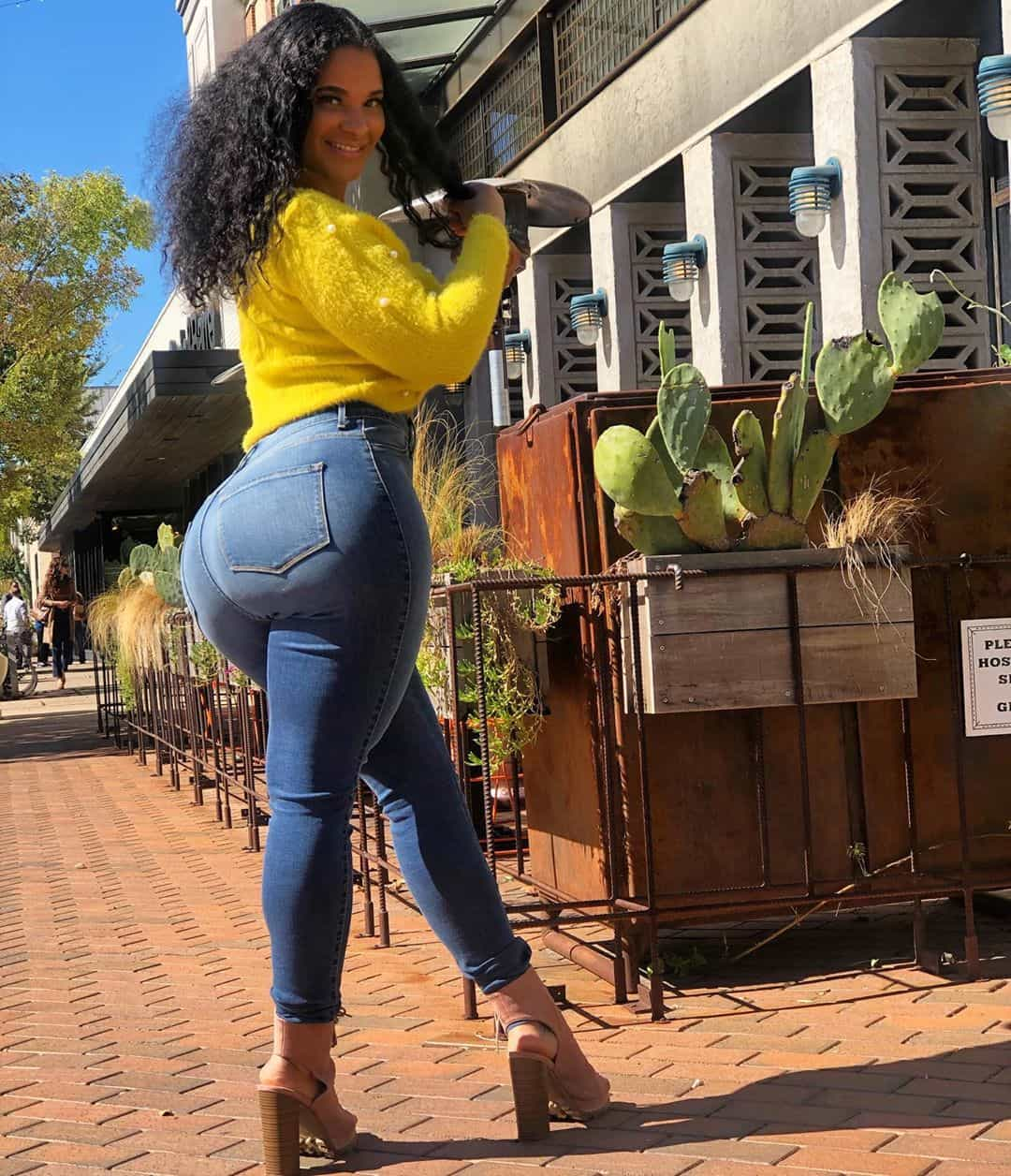
The fact that Instagram asked the question at all is anathema to the foundation of §512, which was written to immunize platforms as neutral providers that bear no liability for the actions of their users.Īfter his follow-up responses to the thirty-three emails, McNeil received partial satisfaction, but in a manner that is even more absurd than the first round of responses.

As such, he responded to all thirty-three messages with his own boilerplate, correctly stating that nowhere in the §512 of statute is there a requirement for the claimant to follow up on a properly filed takedown notice with further legal explanation as to why a use is infringing. Because Instagram has no business asking this question. More information may be required from the copyright owner if the user/uploader files a counter-notice alleging that the takedown was wrongful (either for administrative or legal reasons), but no questions of that nature apply to the incoherent and legally untenable responses that McNeil received from Instagram regarding his takedown requests.Īs McNeil details in a thread comprising over sixty tweets he addressed to Head of Instagram Adam Mosseri, one of his takedowns was honored right away, while the other thirty-three triggered boilerplate emails asking for “An explanation of how you believe the reported content is infringing your copyright.” “I was knocked back on my heels,” McNeil tells me, and for good reason. As long as the sender of the notice is the legal owner of the copyright, or an agent of the owner, and the rest of the notice conditions are met, the default terms of the statute require that the ISP “expeditiously remove” the material.

I mention the dilution problem in order to frame the broader economic challenge for visual artists, but the plain fact is that the takedown provision of the DMCA does not require a stated reason for a copyright owner to send a request to an ISP to remove a work. Instagram Exceeding Its Authority Under DMCA But this year was the first time McNeil says that has ever seen Instagram erect a gauntlet of roadblocks to his takedown requests. The photo depicting Harryhausen with several of his iconic creature sculptures, was captured at the Edinburgh International Film Festival in June of 2008, and McNeil says he is used to seeing it trend on social media in May and June, corresponding to the observance of Harryhausen’s passing and birthday, respectively.
#INSTAGRAM DMCA PRO#
And that does not even account for the commercial entities that publicly display images without license “because it’s already all over the internet anyway.”Īs Martin McNeil, a former pro photographer in Glasgow tells me during an interview, “The only way to preserve the value of your work, truly, is to prevent dilution.” And that is precisely why he sent thirty-four DMCA takedown notices to Instagram directed at pages displaying his photograph of Ray Harryhausen, all uploaded around the May anniversary of the filmmaker’s passing (in 2013). So, the problem with all that sharing (loving though it may be) is that it dilutes the value of these images, and often during the same periods when interest in the images is at its peak. But timeliness is also what drives news media and other commercial enterprises to license photos that accompany obituaries, tributes, creative commentary, etc. The force that motivates fans to search for that iconic photo of Watts or Ed Asner and add it to their social feeds is, of course, timeliness. Those men and women you likely never heard of who captured the images tend to lose opportunities as a result of all that sharing. But although the virtual vigil has become standard practice every time a beloved cultural figure passes away, one overlooked difficulty of this and similar trends is that all that sharing is not particularly good for the photographers. However, you can reach out to each streaming service with a DMCA takedown request.When the news broke that Charlie Watts had passed away, Instagram, Facebook, et al naturally bloomed with tributes, editorials, eulogies, and personal notes of gratitude for the late percussionist’s contributions to music.

If someone has uploaded your intellectual property using a service other than DistroKid, that's unfortunately not something that we can help with. If you have received a DMCA Takedown notice from DistroKid, and would like to provide a counterclaim to the initial takedown notice, you can submit your counterclaim here. If someone has uploaded your music/photos/artwork to DistroKid without your permission, please reach out to us here, with a link to the release, and we'll get you in touch with our Claims Department. DistroKid is constantly working to ensure that our users are only uploading content they have 100% rights to.


 0 kommentar(er)
0 kommentar(er)
